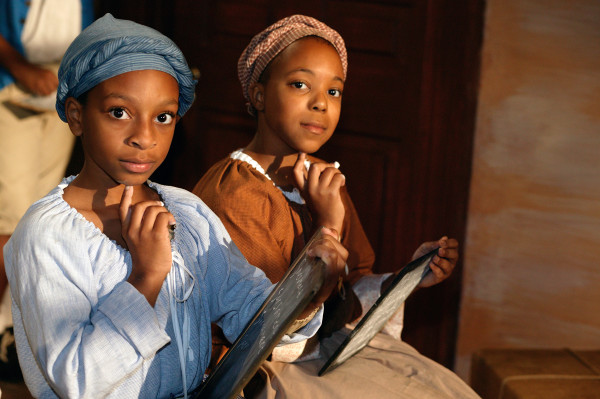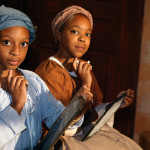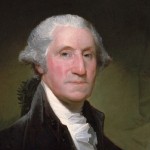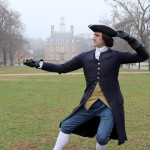Was it illegal to teach free or enslaved African Americans how to read and write in the 18th century? We dive into this common misconception in this month’s edition of Fun Fact.
During the month of February, we observe Black History Month. It’s a time for us all to reflect on the history of African Americans in our great nation. I remember the walls of my elementary school being lined with posters full of interesting information, and since we were in a very rural part of Virginia with lots of farming, we studied George Washington Carver extensively.
Education is still an issue that’s fought about today, but what about in the 18th century? One myth suggests it was illegal to teach African Americans to read, whether they were free or enslaved. Not in the 18th century in Virginia. According to “Death by Petticoat,” Mary Miley Theobald’s book debunking loads of common myths and brought to you by The Colonial Williamsburg Foundation, there were no such laws on the books.
Ann Wager was appointed mistress of the Bray School, a school for African American children, in 1760. There, she taught mostly enslaved but some free black children—boys and girls—not only how to read and write, but about obedience and cleanliness. Life lessons, if you will. She taught at the school until her death in 1774.
While there wasn’t a law prohibiting the education of African Americans in the 18th century, one did come about long after we declared independence from the British. The following is an excerpt from William Goodell’s “The American Slave Code in Theorgy and Practice.”
Virginia. — Revised Code of 1819 : “That all meetings or assemblages of slaves, or free negroes or mulattoes mixing and associating with such slaves at any meeting—house or houses, &c., in the night; or at any school or schools for teaching them reading or writing, either in the day or night, under whatsoever pretext, shall be deemed and considered an unlawful assembly; and any justice of a county, &c., wherein such assemblage shall be, either from his own knowledge or the information of others, of such unlawful assemblage, &c., may issue his warrant, directed to any sworn officer or officers, authorising him or them to enter the house or houses where such unlawful assemblages, &c., may be, for the purpose of apprehending or dispersing such slaves, and to inflict corporal punishment on the offender or offenders, at the discretion of any justice of the peace, not exceeding twenty lashes. (1 Eev. Code, 424-5.)
It can be a hard pill to swallow.
Colonial Williamsburg strongly believes in education. Our motto is that the future may learn from the past, after all! We have several events lined up to celebrate Black History Month. Click here for a list.




Leave a Reply